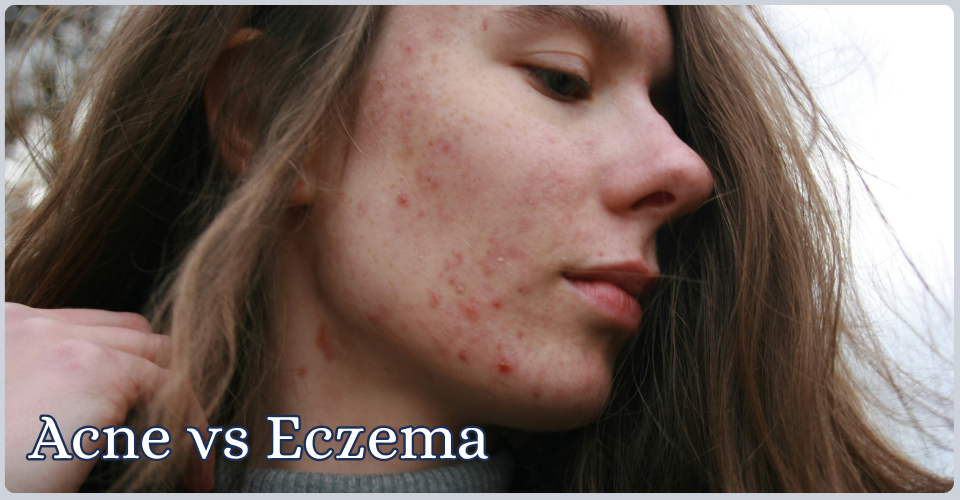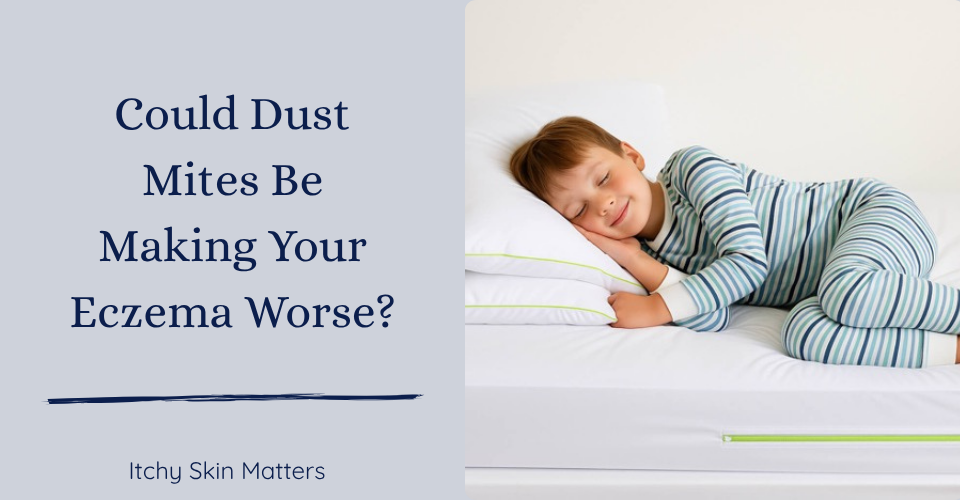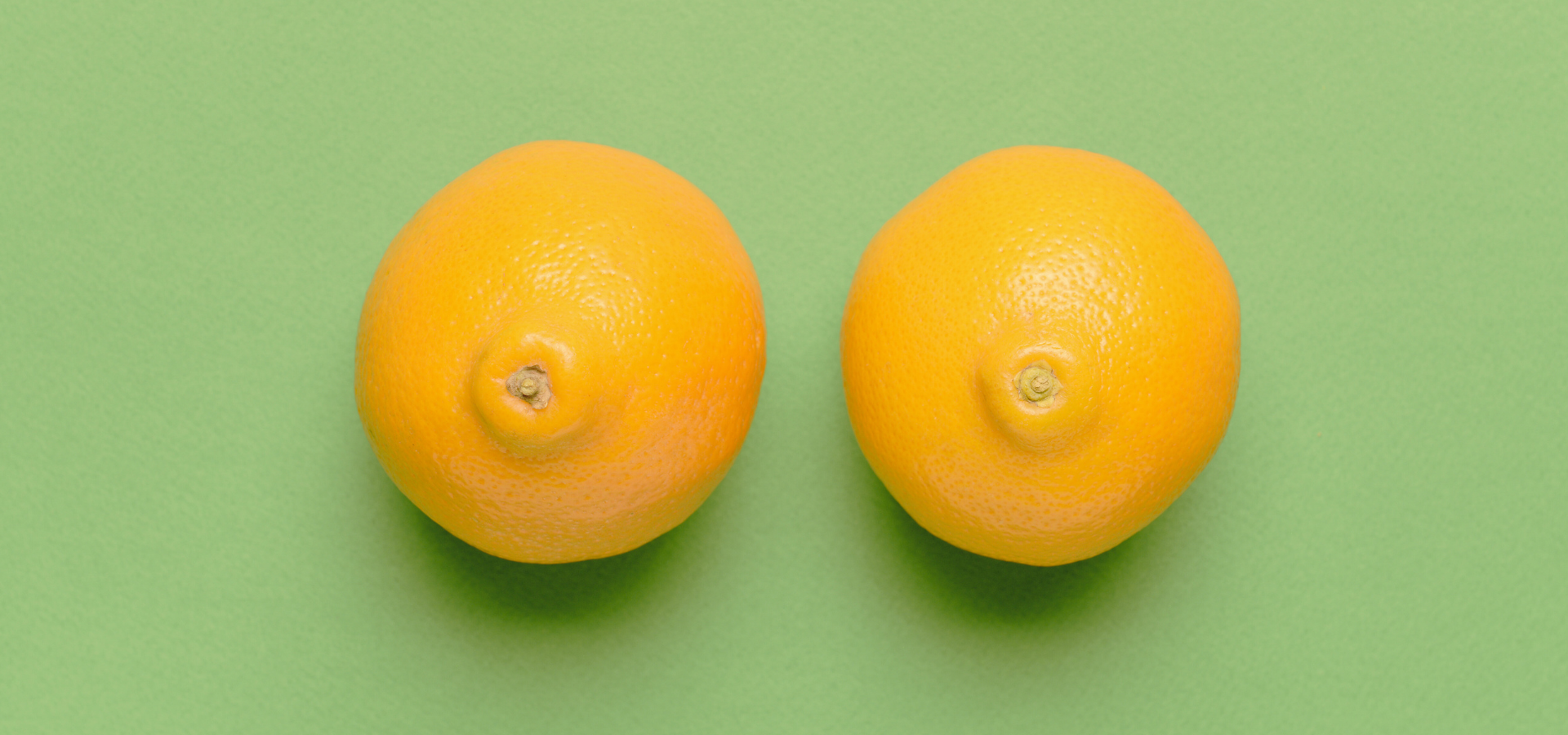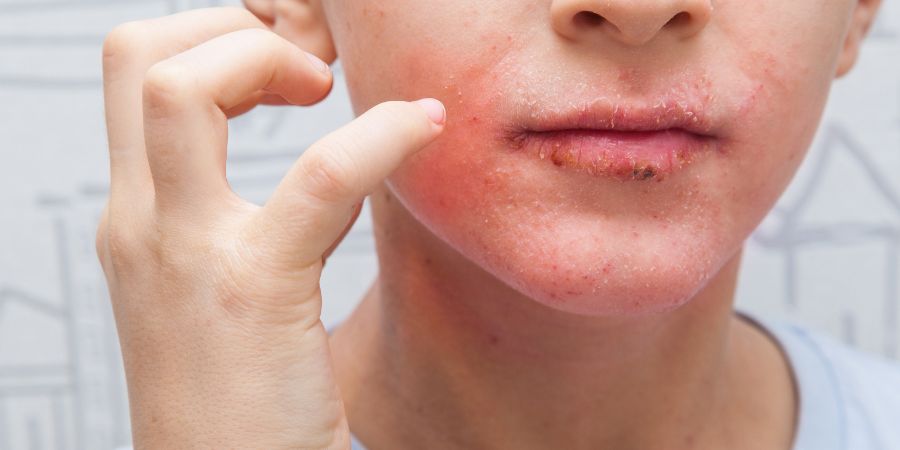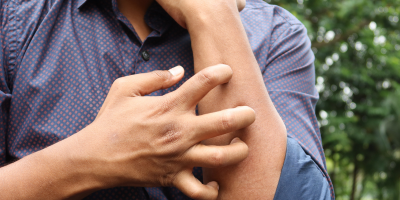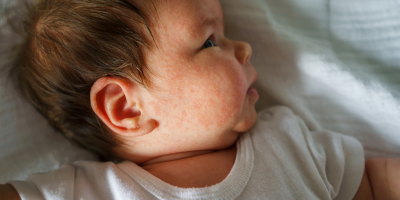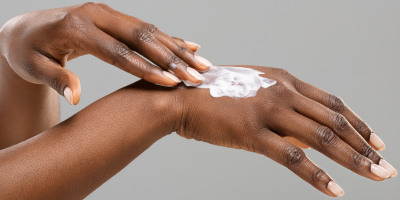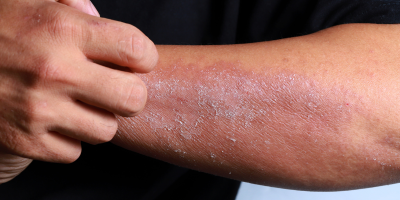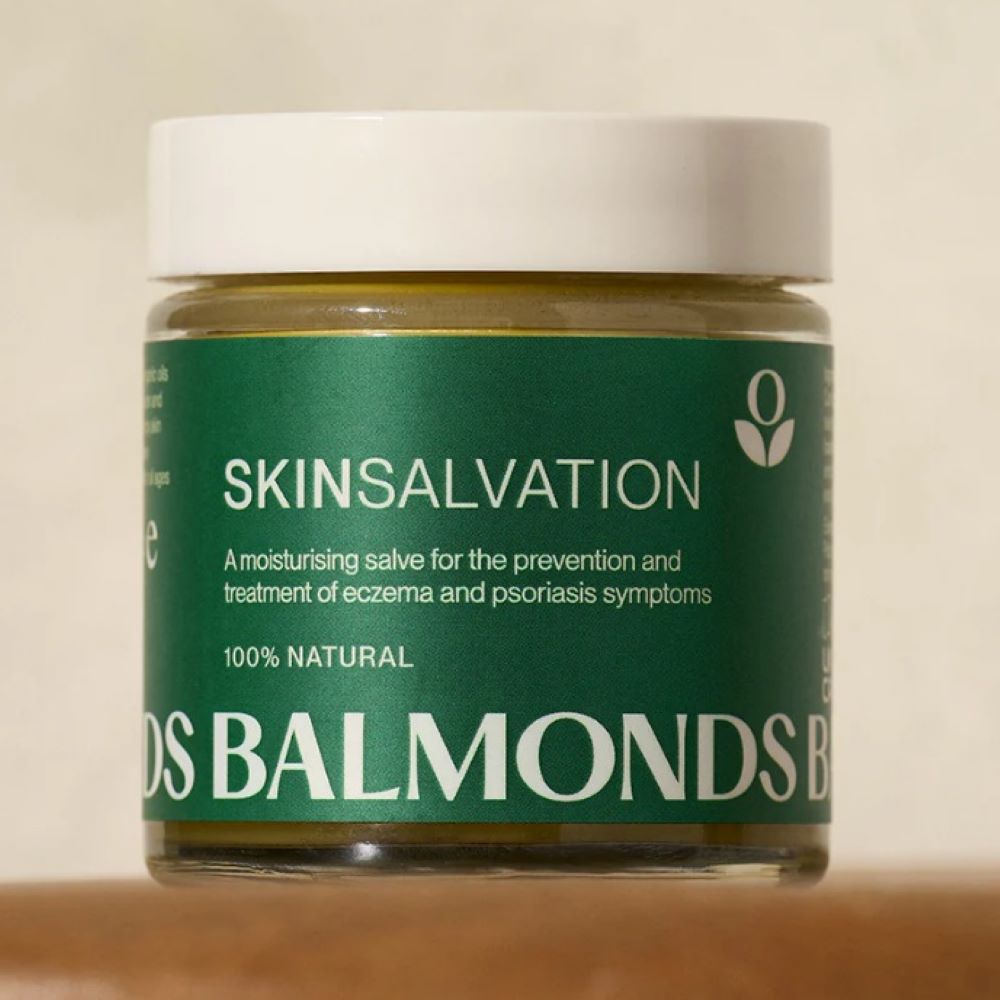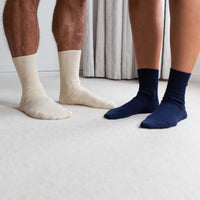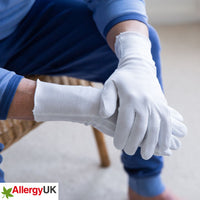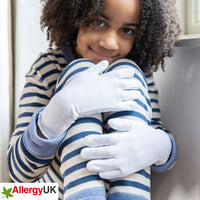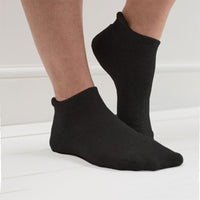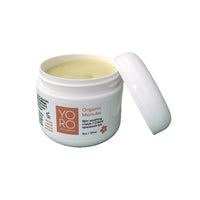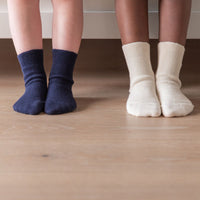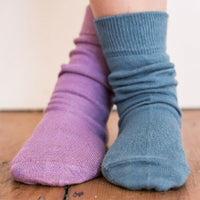Acne and Eczema Explained
What is Acne?
Acne is primarily an inflammatory condition of the hair follicles and oil glands. It leads to blackheads, whiteheads, pimples, and, in severe cases, cysts. It typically occurs on the face, chest, and back and is often triggered by hormonal changes during puberty, stress, and excess oil production.
What is Eczema?
Eczema or atopic dermatitis, is a chronic inflammatory condition characterised by dry, itchy, and often red patches of skin. It’s commonly associated with allergies and sensitivities and tends to develop in early childhood. While eczema is often thought of as a condition for younger children, it can persist into teenage and adult years.
Are Acne and Eczema Related?
Yes, acne and eczema can occur concurrently, but their coexistence is somewhat uncommon. People with eczema often have dry, sensitive skin, while acne tends to develop in those with oily skin. This creates a seeming paradox. However, there are situations where both can overlap:
-
Combination Skin: Some individuals have areas of their skin that are oily (prone to acne) and areas that are dry (prone to eczema).
-
Compromised Skin Barrier: If eczema disrupts the skin barrier, it can make the skin more susceptible to inflammation and secondary acne.
-
Medication Side Effects: Treatments for one condition, such as steroid creams for eczema, can sometimes exacerbate acne.
How to Tell the Difference Between Acne and Eczema
Although acne and eczema can both cause red, inflamed skin, they are distinct conditions with different causes, symptoms, and treatments. Here's how to tell them apart:
Cause
-
Acne is caused by clogged pores due to excess oil, bacteria, and dead skin cells.
-
Eczema is linked to an overactive immune response, often triggered by allergens, irritants, or genetics.
Appearance
-
Acne typically presents as blackheads, whiteheads, pimples, or cysts, often with a visible "head."
-
Eczema appears as dry, red, itchy, and flaky patches of skin. It may ooze or crust in severe cases.
Common Locations
-
Acne most commonly affects the face, chest, back, and shoulders.
-
Eczema often occurs on the hands, elbows, knees, and behind the ears or on the neck.
Itchiness
-
Acne may be mildly itchy or painful, especially cystic acne.
-
Eczema is usually very itchy, and scratching can worsen the condition.
Age of Onset
-
Acne commonly begins during puberty and can continue into adulthood.
-
Eczema often starts in infancy or early childhood but can persist or reappear in adults.
Are You More Likely to Get Acne if You Have Eczema (or Vice Versa)?
Having eczema does not inherently make you more or less likely to develop acne, but it can influence your skin’s reactivity:
-
Eczema to Acne: The dry, sensitive skin associated with eczema is less prone to the overproduction of oil that leads to acne. However, some moisturisers or treatments for eczema that are overly rich or occlusive may clog pores and contribute to acne.
-
Acne to Eczema: The irritation from acne treatments like benzoyl peroxide or salicylic acid can dry out the skin and potentially trigger eczema flare-ups in predisposed individuals.
Who Gets Acne and Eczema?
-
Eczema: Around 15-20% of children are affected by eczema. Many children, up to 70% or more, will see their symptoms improve or disappear entirely by puberty.
-
Acne: Approximately 85% of teenagers experience acne, to varying degrees. It’s one of the most common skin complaints during adolescence.
Acne and Eczema Treatment Tips
-
Focus on Gentle Cleansing: Use mild, fragrance-free cleansers that won’t strip the skin’s natural oils or irritate eczema-prone areas.
-
Layer Treatments Thoughtfully: Apply eczema treatments to dry areas and acne treatments to oily, breakout-prone areas. Avoid overlap unless advised by a doctor.
-
Moisturise Strategically: Use a lightweight, non-comedogenic moisturiser for acne-prone areas and richer emollients for dry, eczema-affected skin.
-
Sun Protection: Sunscreen is essential for both conditions, but opt for a mineral-based formula (zinc oxide or titanium dioxide) if you have sensitive skin.
-
Avoid Harsh Products: Stay away from scrubs, alcohol-based toners, and heavy makeup that can exacerbate either condition.
Key Considerations for Acne and Eczema Prone Skin
-
Consistency Matters: Both acne and eczema benefit from consistent care routines. Skipping treatments or switching products frequently can worsen symptoms.
-
Mental Health Impact: Both conditions can take a toll on self-esteem, particularly during the already tricky teenage years. Feeling self-conscious about skin can lead to social withdrawal or anxiety, so it’s important to talk openly about these feelings. And remember, spots and patches aren’t the defining features of who you are.
-
Professional Guidance: If managing both conditions feels overwhelming, consult a dermatologist. They can prescribe treatments tailored to your unique needs.
Acne and eczema are complex, and their interplay can make treatment a bit of a balancing act. With the right care, it’s possible to manage both effectively. By building a skincare routine that addresses both conditions, you’ll be on your way to healthier, more comfortable skin. And remember, even if your skin has its moments, so do we all. Keep your chin up, preferably without clogging your pores!

